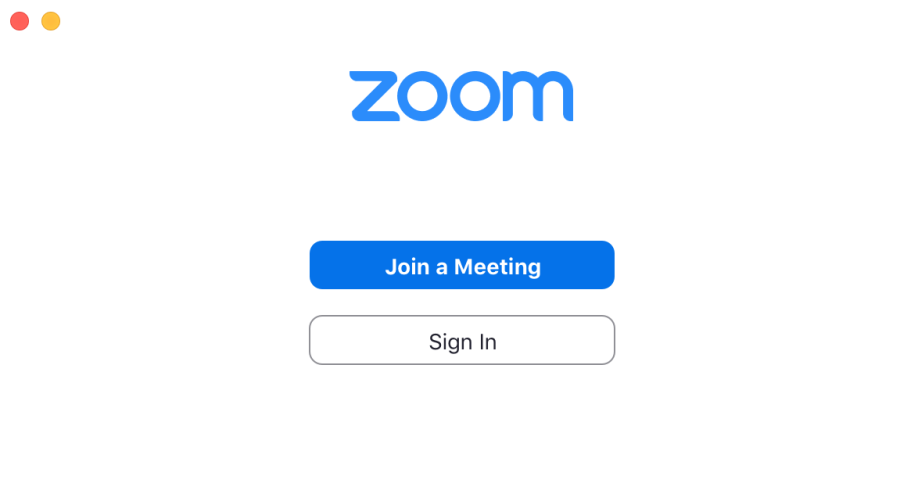Communications classes adapting to remote-operations
Due to the pandemic, face-to-face classes have been suspended. Communication classes are now working remotely from home and use Zoom to continue their work. Zoom is used to give live presentations to continue the public speaking assignments.
Students at Cosumnes River College have been studying remotely for over a month now as the campus suspended face-to-face interactions on March 18.
As remote operations continue over the Spring and will continue in the upcoming Summer semester, some departments are having to make unique adjustments and sacrifices, particularly our communications courses.
“We have to reinvent the virtual classroom,” said Communications Professor Sandra Wheeler Abeyta.
While Zoom has been the primary tool for remote teaching, some classes that are larger in size are seeing issues.
“When we give group presentations, we have at least two groups that are online at a specific time because with so many people in the class, the internet is slower and it’s difficult to get through,” said a 19-year-old kinesiology major Eric Wassum. “We have fewer people on Zoom to avoid confusion, and it makes it easier for the teacher to get information out to students.”
Most of the students interviewed for this piece cite internet stability as a concern when it comes to their communications class.
As a result, some professors are allowing pre-recording videos as speeches.
Kylie Sackett, a 20-year-old biology major said, “I feel better talking to my bedroom wall than I do a group of people.”
Sackett sees this as a blessing-in-disguise as she is not a fan of public speaking, but says “the room is split” when it comes to preference on live or recorded presentations.
“Online presentations are challenging due to the fact that video presentations take a long time to do compared to making an actual presentation,” said Wassum.
Despite the challenges of transitioning to online platforms, classes are continuing as usual, but student participation is changing.
My professor allows both zoom presentations and pre-recorded videos, said 20-year-old elementary education major Carmesha Grayson.
“I am currently working on constructing an outline for my upcoming demonstration speech,” said Grayson.
As the world continues to adapt to current times, communication has changed drastically and as a result, communication classes need to reflect that.
“Listening is less observable in a virtual setting,” said Wheeler Abeyta. “I’ve increased the value of participation so that students are still rewarding if they show that they are willing to adapt.”
Wheeler Abeyta believes that presenting to a virtual audience is imperative during these times and that skill will become a staple in the workforce of the future.
Online learning can be compared to online dating. It used to have a stigma around it, but today both online and face-to-face are acceptable, many see it as simply a different choice. Online education should be seen the same way, said Wheeler Abeyta.
“We need to change the perception that one is better than the other,” said Wheeler Abeyta. “Sometimes different is just different.”
Wheeler Abeyta would also like to add that leadership at CRC, specifically in the communications department, have grown closer throughout all of this.
“Leadership from President Bush down to the newest professor has been more connected than ever,” said Wheeler Abeyta. “The values that make CRC such a great place to learn have strengthened.”

